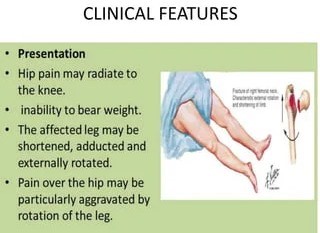Which assessment finding is the best Indicator to the nurse that a client's peristaltic activity (Gl motility) has resumed after surgery?
Client states they are hungry.
Presence of abdominal cramping.
Presence of bowel sounds.
Passing of flatus or stool
The Correct Answer is C
Bowel sounds are the result of muscular contractions in the intestines, indicating the movement of food, fluids, and gas through the gastrointestinal tract. After surgery, the normal function of the intestines, including peristalsis, may be temporarily impaired. As the intestines recover and regain their normal motility, bowel sounds will become audible.
The return of bowel sounds is an encouraging sign that the gastrointestinal system is starting to function again. It indicates that peristaltic activity has resumed and that the intestines are moving and processing the contents within. This is an essential step in the postoperative recovery process, as it indicates the return of normal gastrointestinal function and can lead to the resumption of oral intake and passage of stool.
While the other options may also be associated with the return of GI function, such as feeling hungry or passing flatus or stool, the presence of bowel sounds is a more reliable and direct assessment finding that indicates the resumption of peristaltic activity.
Nursing Test Bank
Naxlex Comprehensive Predictor Exams
Related Questions
Correct Answer is C
Explanation
Bowel sounds are the result of muscular contractions in the intestines, indicating the movement of food, fluids, and gas through the gastrointestinal tract. After surgery, the normal function of the intestines, including peristalsis, may be temporarily impaired. As the intestines recover and regain their normal motility, bowel sounds will become audible.
The return of bowel sounds is an encouraging sign that the gastrointestinal system is starting to function again. It indicates that peristaltic activity has resumed and that the intestines are moving and processing the contents within. This is an essential step in the postoperative recovery process, as it indicates the return of normal gastrointestinal function and can lead to the resumption of oral intake and passage of stool.
While the other options may also be associated with the return of GI function, such as feeling hungry or passing flatus or stool, the presence of bowel sounds is a more reliable and direct assessment finding that indicates the resumption of peristaltic activity.
Correct Answer is D
Explanation
This finding suggests that the client may have experienced a hip fracture. The shorter leg can be a result of the fractured bone, causing a misalignment or displacement. The protruding bump on the side can be a sign of a dislocated or fractured hip joint. It is important to assess and confirm this suspicion through appropriate diagnostic measures, such as X-rays, to provide the necessary medical intervention and management.

Whether you are a student looking to ace your exams or a practicing nurse seeking to enhance your expertise , our nursing education contents will empower you with the confidence and competence to make a difference in the lives of patients and become a respected leader in the healthcare field.
Visit Naxlex, invest in your future and unlock endless possibilities with our unparalleled nursing education contents today
Report Wrong Answer on the Current Question
Do you disagree with the answer? If yes, what is your expected answer? Explain.
Kindly be descriptive with the issue you are facing.
